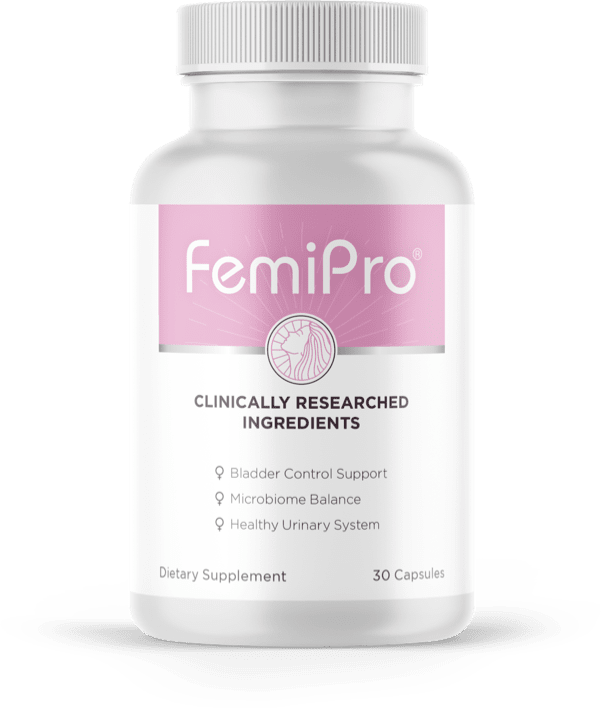Personalized nutrition, also known as precision nutrition, is a relatively new field that aims to tailor dietary recommendations to an individual's unique characteristics. This approach recognizes that we are all different, with variations in our genetics, metabolism, gut microbiome, and lifestyle factors.
Key Principles of Personalized Nutrition:
* Individuality: It acknowledges that a one-size-fits-all approach to nutrition doesn't work for everyone.
* Data-Driven: It utilizes various data points, including genetic information, microbiome analysis, metabolic markers, and lifestyle factors, to create personalized recommendations.
* Holistic Approach: It considers not only diet but also other factors like exercise, sleep, and stress management.
* Continuous Adaptation: It's a dynamic process that adjusts recommendations as an individual's needs and circumstances change.
How Personalized Nutrition Works:
* Data Collection:
* Genetic Testing: Analyzing specific genes that influence nutrient metabolism, food sensitivities, and disease risk.
* Microbiome Analysis: Examining the gut bacteria composition to understand its impact on digestion, immune function, and overall health.
* Metabolic Profiling: Measuring biomarkers like blood sugar, cholesterol, and inflammation levels to assess metabolic health.
* Lifestyle Assessment: Gathering information about dietary habits, physical activity, sleep patterns, and stress levels.
* Data Analysis:
* Using advanced algorithms and bioinformatics tools to analyze the collected data and identify patterns and trends.
* Comparing individual data to large population studies to understand potential health risks and benefits.
* Personalized Recommendations:
* Tailoring dietary recommendations based on the individual's unique needs and goals.
* Providing specific guidance on macronutrient ratios, food choices, portion sizes, and meal timing.
* Offering personalized advice on supplements, if necessary.
Benefits of Personalized Nutrition:
* Improved Health Outcomes: By addressing individual needs, personalized nutrition can help prevent chronic diseases, optimize weight management, and enhance overall well-being.
* Enhanced Performance: Athletes can benefit from personalized nutrition plans that optimize energy levels, muscle recovery, and performance.
* Increased Adherence: Tailored recommendations are more likely to be followed, leading to better compliance and long-term success.
Challenges and Future Directions:
* Complexity: Personalized nutrition is a complex field, requiring advanced technology and expertise to interpret and apply the data.
* Cost: Genetic testing and microbiome analysis can be expensive, limiting accessibility for some individuals.
* Ethical Considerations: Privacy concerns and potential misuse of genetic information need to be addressed.
Despite these challenges, personalized nutrition holds great promise for revolutionizing the way we approach health and wellness. As technology advances and research continues, we can expect to see more sophisticated and accessible personalized nutrition solutions in the future.






